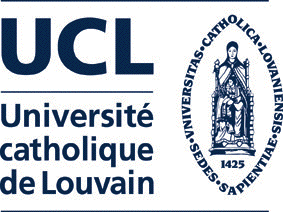
|
Conference information
General information
|
History Brussels was established in the 7th-10th centuries and has always constituted a significant cultural and political centre in the Lowlands region. The city, whose name originally meant "marshland" in Old Flemish, has survived Roman domination, rule by the Franks, Brabant dukes of French lineage, Burgundian and Hapsburg dynasties, and the Austrian Empire before becoming the capital of an independent Kingdom of Belgium in 1830. Different districts of the city bear signs of many of these periods. The city has been an intellectual powerhouse for people like Baudelaire and Victor Hugo, and a showcase of characteristic architectural styles such as Brabants Gothic, Art Nouveau and postmodernism, visible throughout the city today. After being occupied by the Germans in the two World Wars, Brussels managed to rise to the forefront of Europe by becoming the headquarters of the European Union and NATO, as well as the major business centre of the region.
Brussels is a Flemish-French bilingual enclave in the Flemish-speaking area of Belgium, set slightly north of the middle of the country and constitutes a big cultural and political centre of Europe. Brussels is also the capital of the two great regions that make up Belgium - Flanders and Wallonia. Brussels itself forms the third administrative region of Belgium - The Brussels-Capital Region. The main language spoken in the city is French. Brussels has been given its character by the coexistence of French and Flemish culture, and it is nowadays home to nationalities around the world, adding a cosmopolitan flavour to its atmosphere. About 25 per cent of its inhabitants are said to be foreigners, mostly being part of the staff of the many organisations that have their headquarters in Brussels.
|





